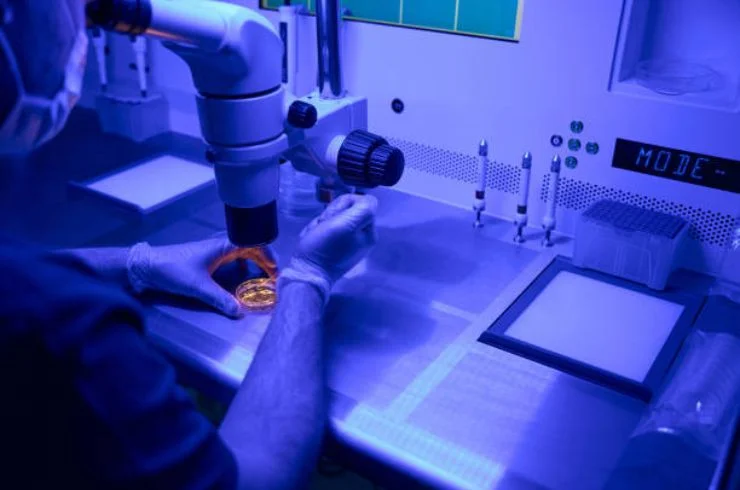
Preimplantation Genetic Testing (PGT) is a sophisticated screening technique used in conjunction with in vitro fertilization (IVF) to assess the genetic health of embryos before they are transferred into the uterus. This testing helps identify any genetic abnormalities or inherited conditions, ensuring that only genetically healthy embryos are selected for transfer.
Types of PGT
PGT-A (Preimplantation Genetic Testing for Aneuploidy):
PGT-M (Preimplantation Genetic Testing for Monogenic Disorders):
PGT-SR (Preimplantation Genetic Testing for Structural Rearrangements):
How PGT Works
Embryo Biopsy:
Genetic Analysis:
Selection of Healthy Embryos:
Benefits of PGT
Reduces Risk of Genetic Disorders:
Improves Pregnancy Success:
Reduces the Risk of Miscarriage:
Helps with Family Balancing: